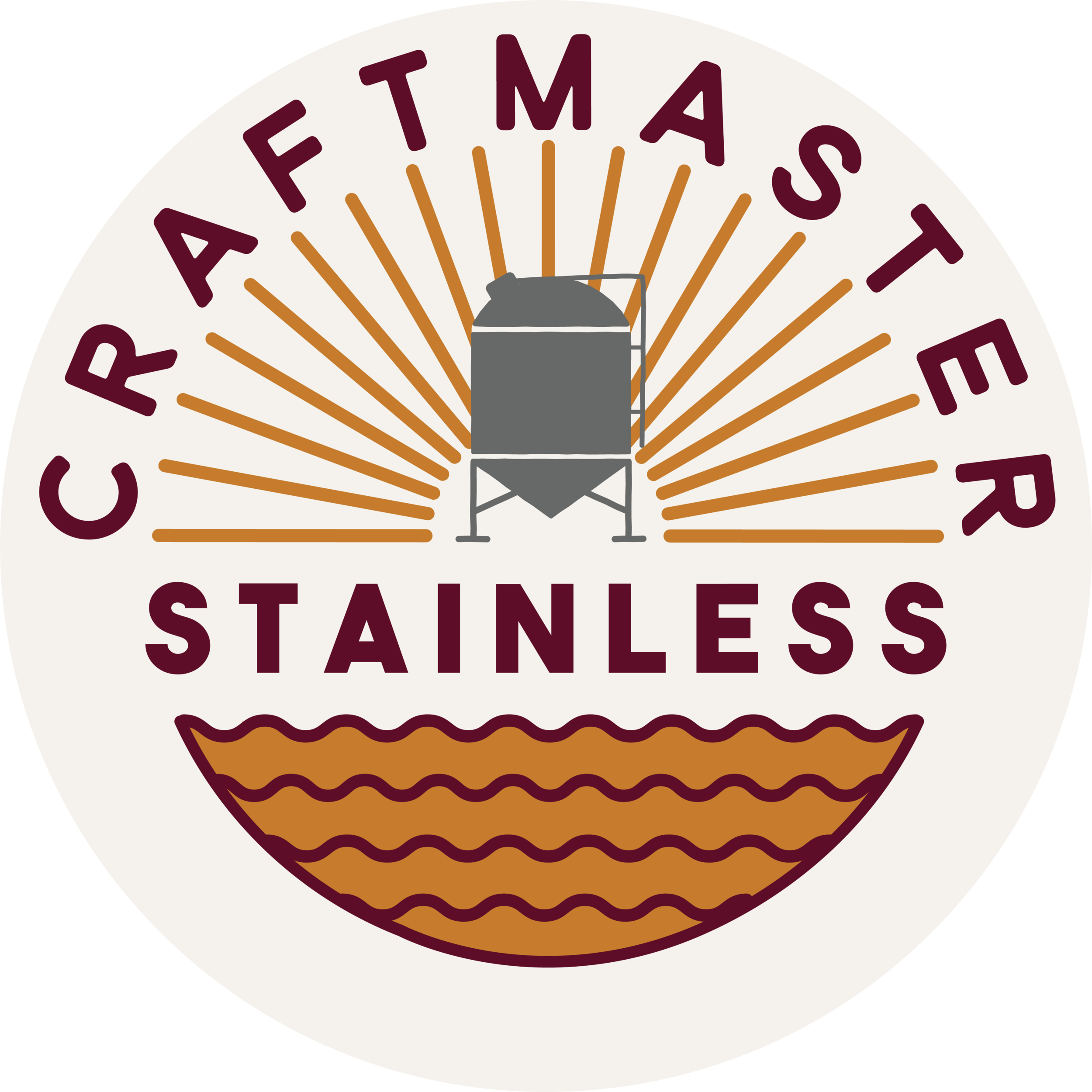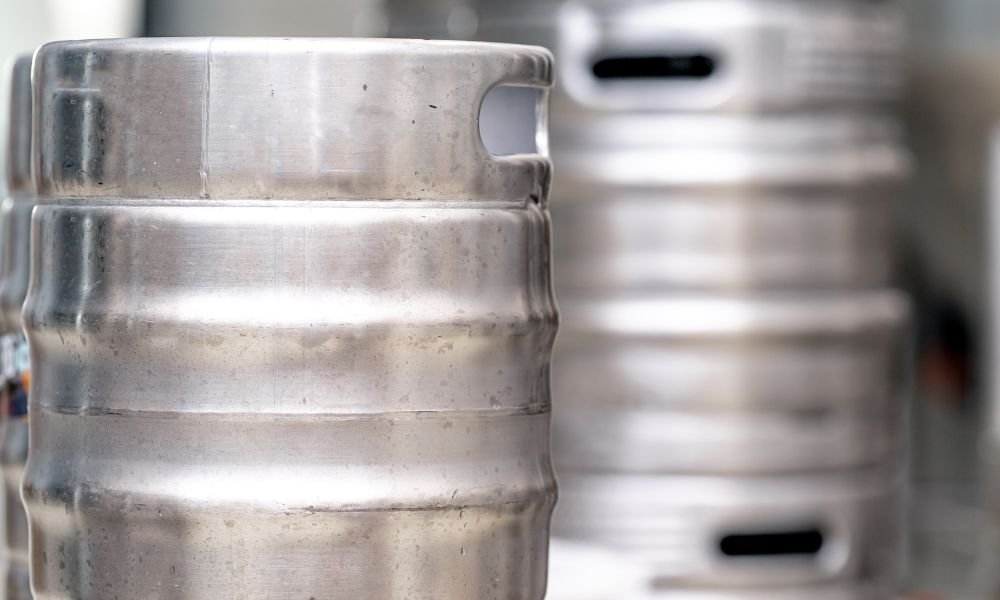The 5 Most Common Types of Kegs for Breweries
A brewery can often feel like stepping into an alchemist's workshop, filled with unique equipment for the brewing process that plays an integral role in crafting beer. Among this essential equipment are the kegs. These aren’t just ordinary containers but vessels that house the golden drink.
There are numerous keg types, each tailored to serve a specific purpose in the brewing world, but they all keep the beer’s quality and consistency intact. They vary in shape, size, and functionality, and knowing the five most common types of kegs for breweries will help you make an informed decision for your business.
Sankey Kegs
Sankey, or Sanke, kegs are arguably the most common type in today's beer market. They have a universal design that’s compatible with most couplers. With an “S” shank, Sankey kegs are easy to tap, making them the popular choice among brewers. They’re typically available in a variety of sizes, including half-barrels, quarter-barrels, and sixth-barrels.
Cornelius Kegs
Also known as “Corny” kegs, Cornelius kegs initially housed soda but also moved into the craft brewing industry. They use stainless steel, ensuring durability and resistance to corrosion. These kegs are available in two main sizes: the 2.5-gallon and the 5-gallon size. An essential feature of the Cornelius keg is its removable lid, which offers an easy cleaning and filling process.
Hoff-Stevens Kegs
Hoff-Stevens kegs have a dual-valve design with two distinct openings, one for pressuring the keg with gas and the other for dispensing the beer. This configuration is different from the single-valve design of modern kegs. While their use has declined, Hoff-Stevens kegs are popular among traditional brewers who appreciate their historical charm and unique mechanics.
European Kegs
European Kegs are common in European breweries and cater to their diverse brewing needs. They share some similarities in design and functionality with the widely used Sankey kegs but distinguish themselves through their different couplers, called “A” and “G.” The A-type kegs have a horizontal lever that turns clockwise to engage the coupler. G-type kegs have a triangular-shaped handle that provides a sturdy grip and easy operation.
Firkin Kegs
Firkins are popular for their distinct cylindrical shape and wooden or metal construction. Typically holding around 9 gallons, Firkin kegs are smaller than most commercial kegs, making them favored among craft brewers who produce small batches of beer. The beer inside a Firkin undergoes secondary fermentation, which gives the brew inside a unique and fresh flavor profile.
No matter what type of keg you select for your brewery, it's essential to have and use reliable keg washers to keep the beer’s flavor intact during storage. Whether it's a large Sankey keg or a Firkin keg, each type delivers unique advantages to brewers. Learning about the common types of kegs for breweries can help you select the right one for your business, ensuring optimum beer quality and efficient handling.

